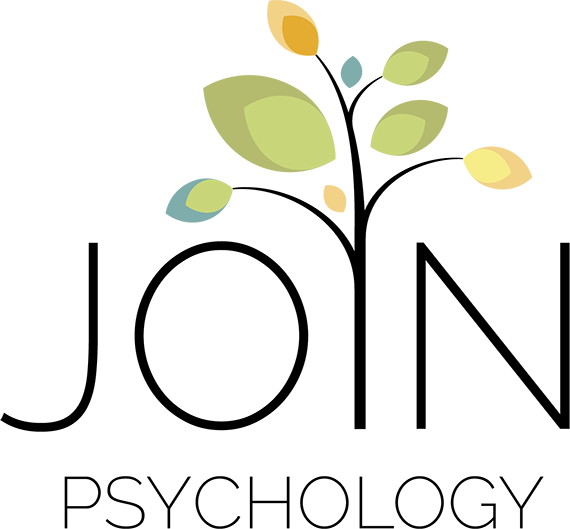Neurodivergence in Women
Understanding and recognising neurodivergence in women is a deeply importa nt area which thankfully, is gaining increasing awareness. For years, societal and research biases have overlooked or misunderstood neurodivergent women, as many ideas about neurodivergence have been shaped around male experiences. Women may experience and express neurodivergence in ways which are different to men and less visible to others.
nt area which thankfully, is gaining increasing awareness. For years, societal and research biases have overlooked or misunderstood neurodivergent women, as many ideas about neurodivergence have been shaped around male experiences. Women may experience and express neurodivergence in ways which are different to men and less visible to others.
Research and lived experience show that neurodivergence may look different in women, requiring a more tailored approach to assessment and support. Women may develop highly effective ways to mask their differences to help them navigate social expectations, sometimes at a significant personal cost, including burnout and a loss of self-identity. These experiences can lead to women feeling unseen, unsupported, or misunderstood. Assessments and therapeutic approaches need to account for these nuanced experiences, creating space for women to feel seen and understood.
A Tailored Approach to Recognising and Exploring Neurodivergence
At Join Psychology, we take a curious, compassionate and affirming approach to exploring the unique strengths and challenges experienced by neurodivergent women. Whether through assessment or ongoing support, we are committed to providing a safe space where women can explore their neurodivergence with confidence and clarity. There are a number of ways that we adapt our approach to ensure that we can accurately capture and explore women's experiences of neurodivergence, including:
- We stay up to date with the research literature and lived experience accounts of neurodivergence, particularly in women and gender-diverse people.
- We have listened to the stories and experiences of hundreds of neurodivergent women as they reflect on what life has been like for them. These stories stay with us and help us to listen out for the shared experiences between neurodivergent women. Carefully listening to our clients helps us to have a really deep and nuanced understanding of how neurodivergent women experience themselves, other people and the world.
- We use specially adapted assessment measures to capture the experience of autistic women.
Taking the Next Step in Your Journey
If you'd like to take the next step in exploring and understanding your possible neurodivergence, reach out to me today to see how I can help. Together, we can start to make sense of things.








